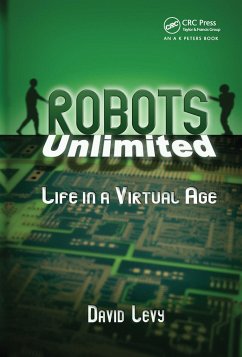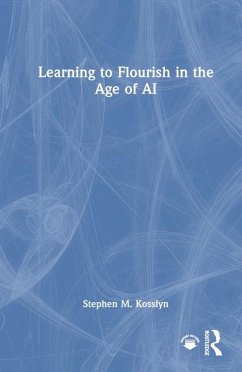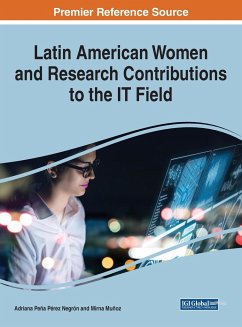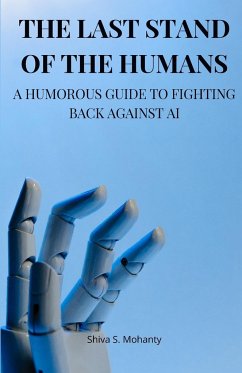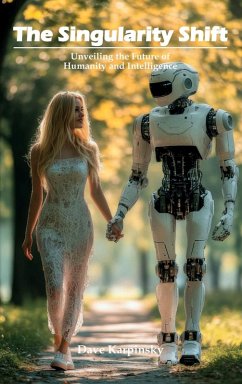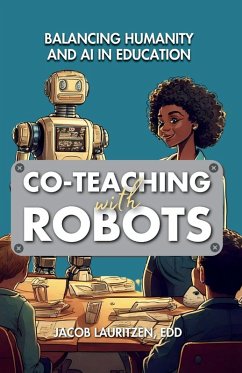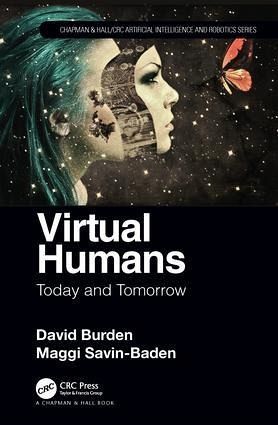
Virtual Humans
Today and Tomorrow
Versandkostenfrei!
Versandfertig in 1-2 Wochen
78,99 €
inkl. MwSt.
Weitere Ausgaben:

PAYBACK Punkte
39 °P sammeln!
This book presents understandings of Virtual Humans and provides much needed definitions and a taxonomy of artificial intelligence. It explores approaches to developing and using technologies, and ways of creating virtual humans, as well as issues such as typologies, identity, complexities, and ethical challenges. This book will present an overview of current research and practice is this area thus far. It will outline the major challenges faced by today's developers, teachers, and researchers, such as the possibility for using virtual humans for teaching, training and practice. The book will ...
This book presents understandings of Virtual Humans and provides much needed definitions and a taxonomy of artificial intelligence. It explores approaches to developing and using technologies, and ways of creating virtual humans, as well as issues such as typologies, identity, complexities, and ethical challenges. This book will present an overview of current research and practice is this area thus far. It will outline the major challenges faced by today's developers, teachers, and researchers, such as the possibility for using virtual humans for teaching, training and practice. The book will situate many of the discussions around related applications (e.g. Siri, Cortana, Alexa.).




